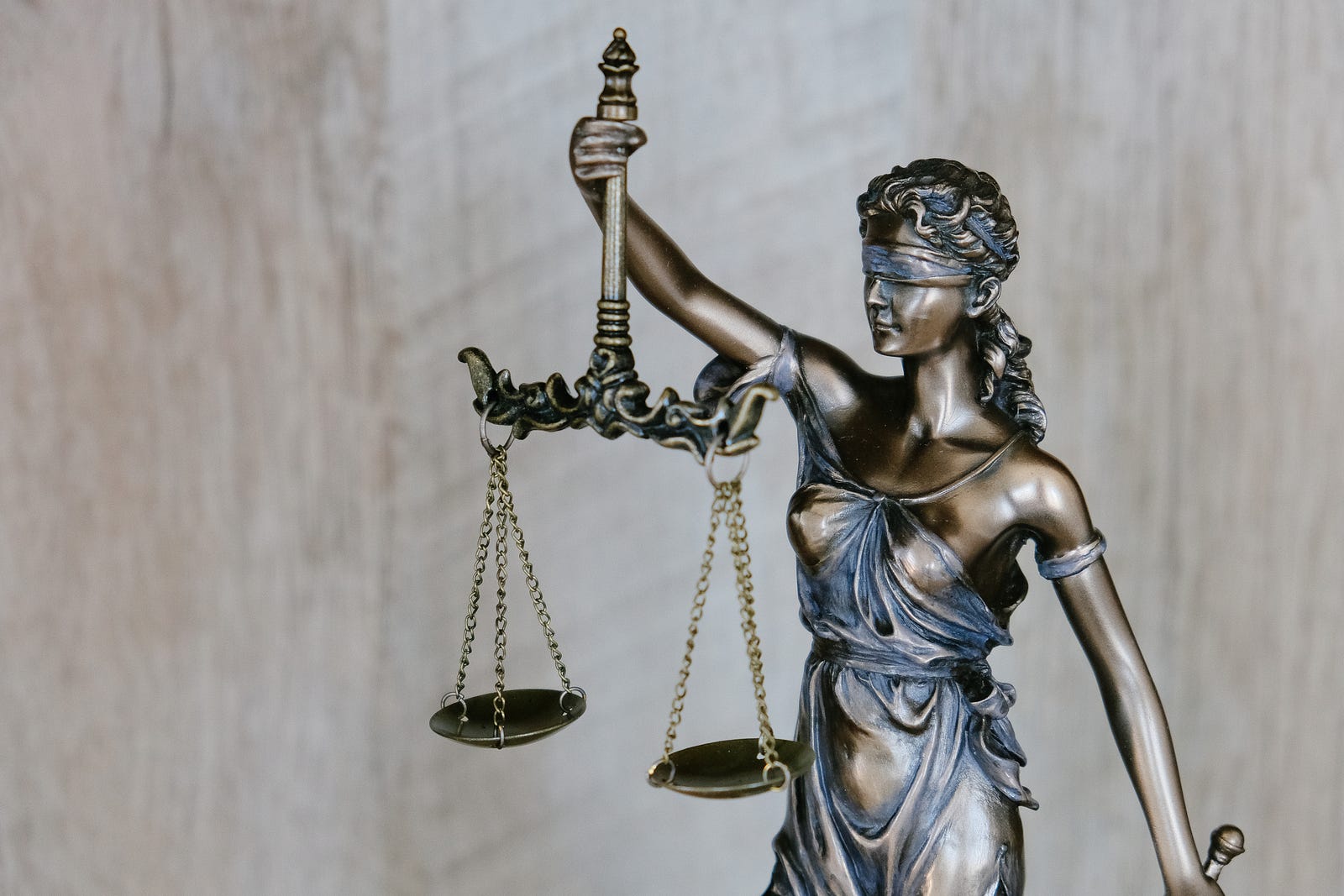How To Protect yourself from Domestic Abuse
…and these abusers, what their goal is, is again, to strip us of our autonomy. So as we keep giving, They keep taking, and so the boundary just keeps getting pushed and pushed and pushed and pushed.
So then before you know it your car is being tracked, your computer’s hacked. I mean, all of these technology things that happen that people don’t even realize. You don’t have to have access to someone’s computer to hack their computer.” Dr. Christine Cocchiola Ep 109 Empath and The Narcissist What is Coercive Control? And How is it Orchestrated by the Narcissist.

What is coercive control? And how does the Narcissist demonstrate it? And How do we protect ourselves personally and systematically through law?
Today I share a conversation with Dr. Christine Cocchiola on The Empath and Narcissist Podcast.
What is Coercive Control? And How it is Orchestrated by the Narcissist? with Dr. Christine…
So then before you know what your car is being tracked, your computer’s hacked. I mean, all of these technology things…
Here are the key takeaways:
Even the most astute of us can miss the signs
- [10:07] Even the most astute of us can miss the signs of someone who’s trying to have power and control over us.
“We know that most domestic abuse is based on this coercive control, and that certainly in some situations there are people who suffer experiences of violence but those are not as prevalent as emotional abuse. “ — Dr. Christine Cocchiola
What is coercive control?
“There is a pathology difference in abusers. We are learning more and more that people who need to have power and control over others,” have certain characteristics in behavior.
Signs of an abuser may include:
- Extreme jealousy.
- Possessiveness.
- Unpredictability.
- A bad temper.
- Cruelty to animals.
- Verbal abuse.
- Extremely controlling behavior.
- Antiquated beliefs about roles of women and men in relationships.

“We can’t really see it or put our fingers. This person is attempting to control us, isolate us, gaslight us, or maybe all of those things. And use manipulation. We call that Psychological abuse. So the umbrella term is coercive control, but then within that is psychological abuse, there is financial abuse, legal abuse and child abuse where the use of the children as pawns in their game, which of course is the most heartbreaking.”
Legally Codify Coercive Control in the Law

[13:57] “We now have five states codifying, coercive control is a form of domestic violence or domestic abuse.”
Meaning there does not require physical bruising evidence, validating emotional abuse. We still have a lot of work to do!
If you are looking to volunteer for your local domestic violence program, please connect with your state domestic violence coalition (autonomous of NCADV) or call your local domestic violence program directly. If you have additional questions, please contact NCADV’s main office at mainoffice@ncadv.org. or www.drcocchiola.com
The Perfect Prey
[14:15] Many victims are perfect prey and it is not always about low intelligence or low self esteem. But there may be a crack in one area and the abuser will pounce on that.

“If you have a pathology to have control over other people, you are not going to be attracted to someone who is not a giver.
You are not going be attracted to someone who doesn’t try to fix things. That person is not going be attractive to you. The person who is going to be attractive to you is someone who shares their vulnerability, who trusts implicitly, who really tries very hard to make you happy.
And I caution when I say this, ‘a everyone happy’, as if you are always a people pleaser. Are you pleasing because you need other people to like you, or do you please, because in the bottom of your heart that makes you feel good.”
The former type of pleasing, to make the other love and accept you, is the crack in the self identity and autonomy that the abuser preys after. The action of making others happy out of a healthy ego, comes from an overflowing confidence, versus a seeking from outside of yourself for love and acceptance.
Where did the term coercive control come from?
- [18:12] Evan Stark termed the phrase Coercive Control, in a book he wrote Coercive Control: The Entrapment of Women in Personal Life

“It is a gender oppression. It doesn’t mean that it only happens to women, but that we know that it’s based on patriarchy. It’s this idea that people in positions of power, creates any kind of oppression. And it is related to power over others, and he calls it ‘unknowing what we know’. For instance, If you are in a coercive relationship, and if it were happening to someone else, you’d say, ‘Whoa, something’s not right.’
But when it is happening to you, because you have been so diminished in some way, and your autonomy has been stripped, and your ability to think for yourself is hindered. — Add in cognitive dissonance, add in the fact that the brain wants to keep us safe, and the doesn’t want to believe bad things about someone…. That we end up trying over and over again, in the relationship.” — Dr. Christine Cocchiola
What is the Goal of the abuser?
- [19:05] Goal of abuser is to strip us of our autonomy

“So as we keep giving, they keep taking, and so the boundary just keeps getting pushed and pushed and pushed and pushed.
So then, before you know it, your car is being tracked, your computer’s hacked. I mean, all of these technology things happen and people don’t even realize it. You don’t have to have access to someone’s computer to hack their computer. You don’t have to have access to someone’s phone to put an app on their phone and to track their phone.” — Dr. Christine Cocchiola
Read this article on How to Prevent Cell Phones from Being Tracked
“So there’s just so many ways that they insidiously abuse. And yet, a lot of abusers deny, attack, reverse victim and make you the offender. Otherwise known as DARVO. For example, they call you a cheater when they’re actually cheating. — While they’re tracking you. This is what they do.” — Dr. Christine Cocchiola
[21:21] “Abuse is a choice. And many of us have experienced trauma and we don’t go on and abuse. “
What is Victim Subjugation?
[28:32] Why are so many people who are victims of these survivors suffering from subjugation? And how to overcome these maladaptive coping mechanisms.

“Yeah. So I did a research study, and it affirmed that when we look at subjugation traits, people who tend to have these, we call them maladaptive coping skills. We all have maladaptive coping skills. And we can all improve with our coping mechanisms.
Nobody is perfect. But victims tend to have a high rate of subjugation, and that is this idea that we worry about somebody being angry with us.
So we try to avoid somebody being angry with us. We, just don’t want to disrupt the apple cart. We kind of try to avoid conflict. And so that is the perfect prey, for an abuser. He’s hoping that he can continue to push those boundaries. He knows what makes you feel good. So we all have things that make us feel good and for people who are subjugated, they feel good when their world around them is full of people who are relatively pleased.
And with people that are not disappointed in them. And some people say this borders on codependency. I don’t really agree because it’s not. Again it’s not that you’re looking for external validation, it’s that you truly feel better as a human being when everyone else is feeling better.
So if you have these traits, part of what needs to occur is to be able to start implementing boundaries.”
How to Set Boundaries with the Toxic Narcissist
“You are not creating space for anybody healthy to walk into your life if your “room” is full of toxic negative people…
Get FREE How to Set Powerful Boundaries Workshop

“When we are consistently subjugated (or subject to maltreatment) over and over again, we do reach a boiling point.”
— Dr. Christine Cocchiola
You hold it in, hold it in, and then explode.

“And that’s a normal reaction. And I don’t know how you feel about. Amber, her and Johnny Depp. But I feel like if we look at the history of that relationship, there was coercive control from the very beginning. There was one person who had power over another person. I’m not suggesting either person was behaving well, but I’m suggesting one person was in a position of being less power.
It wasn’t an egalitarian relationship from the very get go, even if we just take an age differential. If we take a monetary differential.
When victims react after years or after multiple times of being subjugated, it is shocking. When they react, we as a society look at them and say “Whoa, what are you doing?” Or “How could you have behave that way?” Or “Look at the anger problem you have”, or “You have a disorder versus” saying, “Whoa, that’s trauma.” — Dr. Christine Cocchiola
How do we protect ourselves?

[23:26] “First of all, I think it’s important that one of the things we begin to do is teach our young people, boys and girls. What are the signs of unhealthy relationships?
Why the patriarchal norms are very unhealthy for boys and girls. Jackson Katz does a great Ted Talk on this. His book, The Macho Paradox, it’s not about blaming men. It’s about all of us uniting and creating. World where we begin to look at oppression through the lens of patriarchy. So historically there was a group of people who were in positions of power who were men.
Second is getting the ERA ratified. And making sure that women are actually seen as equal citizens. I think the answer is we have to make systemic changes.
Passing pass VAWA with Caden’s law. And needs to happen state by state.That’s amazing. So now VAWA also includes child safety, protected from the abuser.
Third in your personal life, cut off the supply to the Narcissist. Whether you need time to get out, stay or leave. Because post-separation abuse is just coercive control, intensified. So now the stalking intensifies. Now the monitoring, the following, the threats, the emails, the, it just intensifies.
So cut out their drama in your life. Don’t let them coerce your decisions. Don’t let them control you. Gain your self autonomy back. Gain your independence again. In life and in your personal home life. And if they push back, the fourth thing is, you need to gain professional help and support to get out and heal.
Follow and leave your thoughts.
Subscribe to get directly to your inbox.
And remember. Always keep your unique light shining.
You may also like to read:
Awakening the Inner Goddess & Claim Victory over the Narcissist
“When we remember that this power to love is a gift that we can best give others by first giving it to ourselves, we…

Christine is a DSW, LCSW and is a coercive control advocate, educator, researcher, and a survivor. She is a full-time college professor teaching social work for the last 20 years in Connecticut and also an adjunct instructor at NYU.
Her expertise is in the areas of intimate partner, violence, trauma, and child abuse, developing. And presenting workshops on these topics, both nationally and internationally. As a board member of the national coalition against domestic violence. And has supported policy codifying, coercive control.
And it has a small private practice, primarily serving victims and survivors of coercive control. She is the creator. Of the protective parenting program. Supporting protective mothers on their journey towards healing, their children.
Need a Professional Therapist? Better Help : Empath get 10% off your first month
Empath & The Narcissist Book : FREE E Book through the holidays, listen on AUDIBLE!
Claim How to Leave the Narcissist Workshop & Soul Alignment Masterclass with BONUS 2023 Astrology Horoscope:SHOP
Grab more FREE Gifts on the website Ravenscott.show
GET Unbroken con FREE ticket for Dec 13–17 Event
Shift your subconscious patterns from pain and trapped emotions to abundance with Madhvi — Emotion Code FREE Inquiry Call

4 thoughts on “What is Coercive Control? How is it Orchestrated by the Narcissist? | Ep 109”